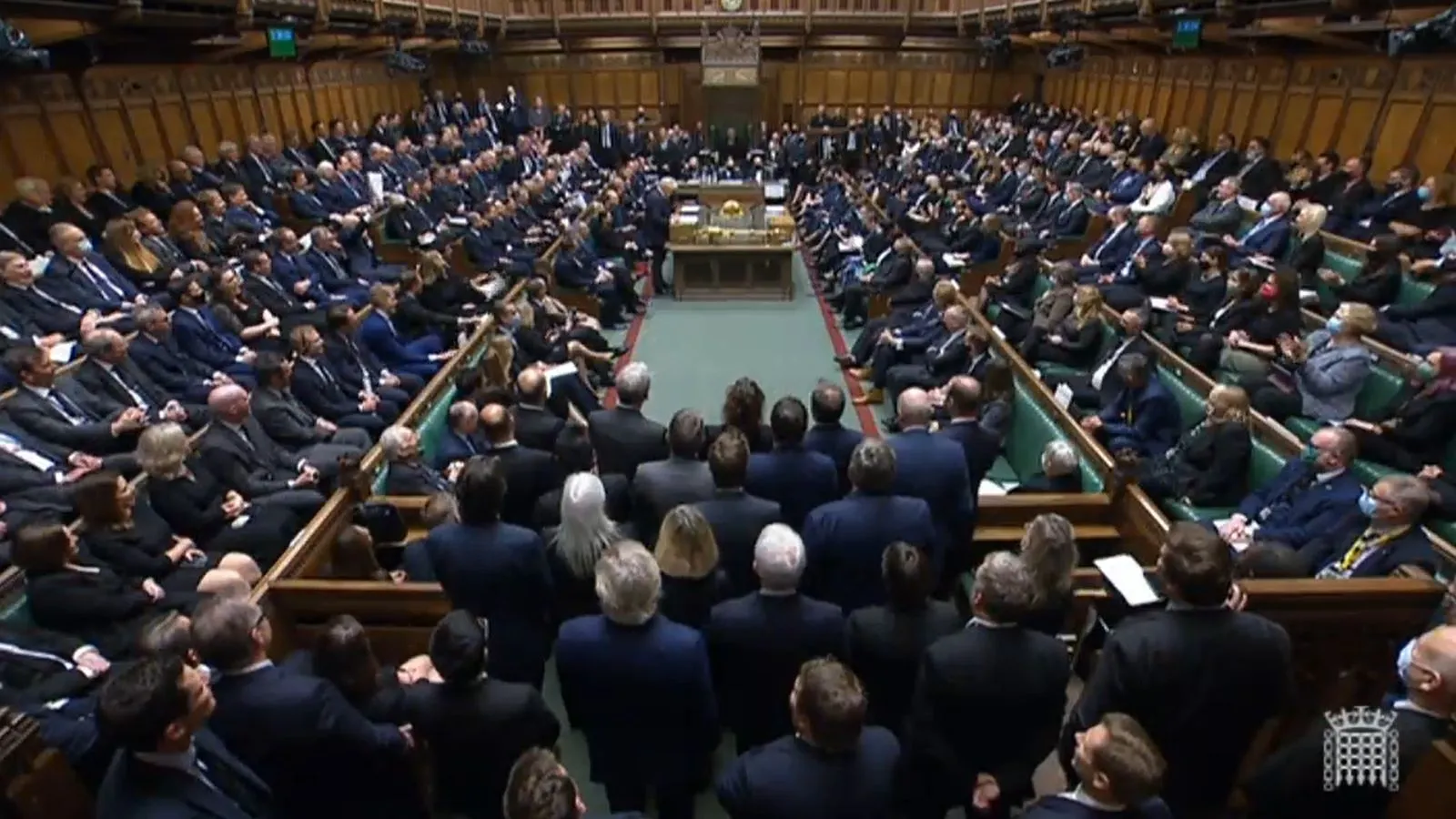Latest News
UK Prime Minister Faces Leadership Challenge as Budget Debate Intensifies

As the UK gears up for a critical autumn budget, the prime minister finds himself navigating a turbulent intersection of internal party politics and contentious public spending decisions. With the governing party under strain from within and public spending pressures mounting, this moment represents one of the most challenging tests of leadership the administration has faced since its election. The upcoming budget will not only shape fiscal strategy for the years ahead but may also determine whether the prime minister retains authority at the core of government and within his own party.
Internal Party Politics: Tensions Beneath the Surface
The prime minister’s leadership is coming under increased scrutiny following sharp criticism from senior figures within his party. At the recent annual party conference the mayor of a major city challenged the leadership’s direction by accusing the government of fostering a culture of fear and calling for more space for internal debate. This intervention has sparked renewed speculation that a leadership contest could be on the horizon. The prime minister publicly dismissed talk of internal plotting but acknowledged the “noise off” and insisted he can “read the room” as several MPs prepare for difficult votes ahead.
The discord is not only rhetorical. Some lawmakers are openly unhappy with the party’s fiscal discipline rules, especially given rising borrowing costs and the need for ambitious public investment. The prime minister and his chancellor face difficult choices between maintaining market confidence and responding to demands for higher spending on public services. Backbench pressure has intensified over benefits reform and long-term care funding, with more than one hundred MPs signalling intent to oppose government proposals citing inadequate protection for vulnerable groups. This internal rebellion threatens to undermine the prime minister’s authority and raise questions about his ability to deliver a coherent agenda.
Public Spending Controversies: Fiscal Reality Meets Political Risk
On the fiscal front the government faces a sizeable budget gap that must be addressed in the upcoming statement. Market commentary warns that long-term borrowing costs are at their highest levels since the late 1990s, putting additional pressure on the treasury to balance ambition with affordability. The prime minister’s creation of a new high-level budget coordination board is an acknowledgement of the scale of the challenge. The board is tasked with aligning policy, communications and business engagement as the government prepares to unveil major spending and tax decisions.
Public spending controversies are also emerging across several fronts. Welfare reform has become a flashpoint with critics arguing that proposed cuts risk alienating disabled people and those with long-term health conditions. Meanwhile the housing and infrastructure plans are under fire for lagging behind manifesto commitments. At the same time business leaders have expressed concern over recent employers’ national insurance increases and the impact on growth. The budget debate thus pits macro-economic prudence against widespread demand for investment in public services, regional development and the cost of living. For the prime minister the challenge is to manage this tension while retaining political credibility and avoiding fresh defections.
Leadership Test: Timing and Strategic Imperatives
The budget period will serve as a leadership test for the prime minister. At a time when his party’s poll ratings are stagnant and the public expects delivery, the prime minister must demonstrate clarity of purpose and the ability to manage internal divisions. His recent conference speech attempted to frame a broad national renewal narrative but was criticised for being light on new policy. The budget offers the opportunity to reinforce that narrative with substance. The prime minister must also navigate the optics of senior aides and ministers who are increasingly vocal about alternative policy directions and question the current approach. In doing so he will need to balance the need for collective discipline with space for honest internal debate.
In terms of timing the budget unveils not only fiscal policy but also internal dynamics. If the prime minister emerges with his authority intact, the party may rally behind him. However if major rebellions or market shocks occur, the door opens to leadership speculation. Some senior figures within the party are already positioning themselves and indicating that the direction of government must change. The prime minister must therefore succeed not just in policy delivery but in managing personalities, perceptions and power within his own ranks.
Conclusion
The upcoming budget debate encapsulates a broader reckoning for the UK prime minister, combining economic reality with political vulnerability. The internal party tensions over leadership and direction, the public scrutiny of spending and reform, and the market pressures on fiscal strategy all converge in the coming weeks. The prime minister must demonstrate leadership under pressure, deliver a budget that reassures markets while responding to public demands, and maintain unity within his party.
For observers of UK politics the message is clear: this is more than a routine financial statement, it is a moment of truth. The prime minister will either consolidate his leadership or face a growing challenge from within. The choices made now will reverberate beyond the parliamentary term and shape the UK’s economic trajectory and political landscape for years to come.






















